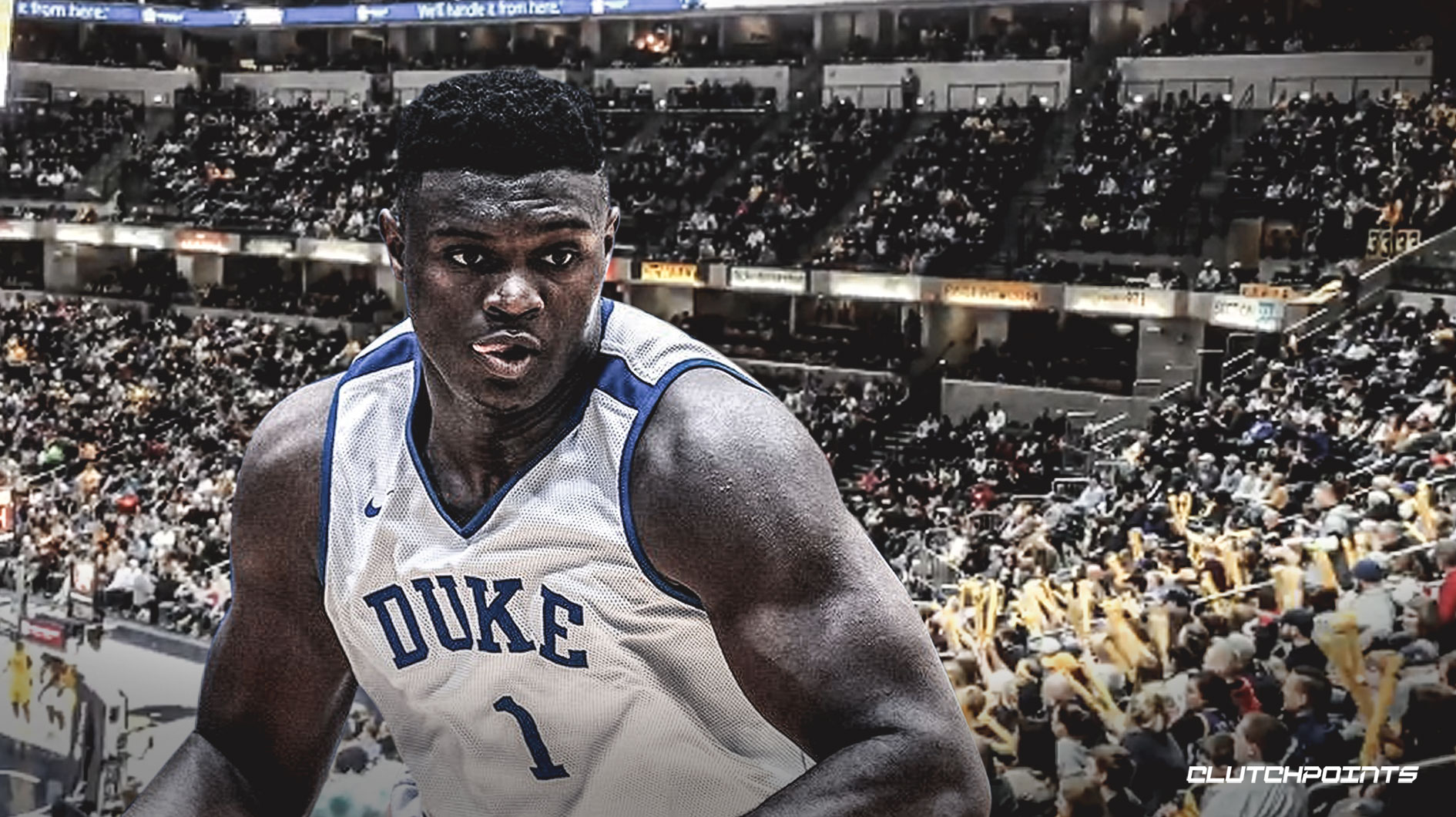Rule changes are part of the landscape of professional sports. Keeping up with the times and adjusting is important in the continued success of any league.
When it comes to the NBA, there are plenty of easy fixes to the rules that could improve the game as we know it today.
For years, there have been some of the same compliments from fans of the NBA. Whether it’s speeding up the game or tanking, most fans can agree things need to be spruced up.
While these four rule changes wouldn’t perfect the game, they’d vastly improve the final product.
In the end, isn’t that what everyone wants – a better product?
4. Transition fouls should be intentional

Transition fouls are extremely common in the NBA. Instead of giving someone a free ride to the basket, the defender will grab or wrap up a player. This hurts the game in two main ways.
First of all, it slows down the pace of play considerably. Second, it increases risk of injury as this is when you tend to see a weird spill on a layup attempt.
The most obvious reason a transition foul should be called as intentional is just that though – it’s intentional. That means if a player away from the ball is fouled, he’s given a free throw and his team gets possession of the ball again.
This would clearly limit the amount of times a transition foul is used. Teams wouldn’t be willing to give their opponents a free throw and the ball.
Instead, they would let the play go and the game would continue smoothly.
3. 1-minute timer on reviews

This is a pretty obvious pace-of-play rule. It’s also something you’ll hear from any coach in the world watching a game.
“I could’ve made this call in two seconds.”
Who hasn’t watched a game and thought that at least once before. There is a review on a foul or possession, and the refs take what seems like 10 minutes to make the call. Things get worse late in games when everything is scrutinized even more.
The common sense idea is that someone should be in the ref’s ear the second they go to the monitors. Someone who has already seen the play’s review and can give them an accurate decision within seconds.
Not only would the reviews go faster, but they would give the calls more confidence. Whenever the officials take too long on a call, it feels like they aren’t 100% sure with their final decision. A quick ruling always makes it seem like they’ve obviously got the correct call though.
Pace-of-play would be helped considerably with this rule.
2. All teams to miss playoffs have equal lottery odds

Tanking is a disease and needs to be stopped.
What fan wants to go to a game to watch their team put out a lineup that consists of G-League players and veterans that were washed up five years ago?
Sure, sometimes a team suffers plenty of injuries and has no choice. That tends not to be the case though. Every year there’s at least one team putting out a product so bad on purpose, it’s a wonder they sell tickets.
They do it all for that coveted worst record in the NBA. With that, they’re given the highest chance to get the first overall pick.
Now, the NBA already has an “anti-tanking” rule in place with the lottery system. Any team that misses out on the playoffs has a chance to get the number one pick, making tanking not quite as attractive as it would be in other sports.
The worse the record the higher percentage chance you have of getting the number one pick though. So there is still a reason to want that worst record.
Giving every non-playoff team the same lottery chances changes things though. If you aren’t given any better odds there’s no reason to put out a bad product.
This could dig some teams into a hole for years if they can’t find any luck in the lottery, but it will encourage them to put together a stronger team.
Isn’t that what everyone wants, more competition in the NBA?
1. You must sub out for at least 2 minutes if you get called for flopping

Flopping has been mocked for years. Basically since social media became a thing.
The idea that a 6’0″ guard can send a 6’10” big-man flying across the court by gently shoving him in the chest is laughable. Yet, it happens more often than you’d hope to imagine.
There are the classic “he poked my eye” tricks, the grabbing of the mouth, and the falling down as if you’ve been sniped.
Don’t get me wrong, flopping creates for some fantastic jokes on Twitter, but that’s about it.
What it really does it draw fake fouls and slow down the game. It also tends to create anger and there’s no need to bring anger into the game simply because you wanted to draw a foul instead of play basketball.
Fines are now doled out for flopping, but let’s be honest that doesn’t seem to be enforced very well. Even when it is, slapping a tiny fine ($5,000 for a flop in the playoffs) on an NBA player isn’t much of a deterrent.
However, if the player was forced to sub out for two-or-more minutes, things would change. Sure, you might get the 12th-man on the court to try and flop – but that would be a weird strategy.
What this would do is force any player that makes an impact on the team to watch his moves. You don’t want to miss time just because you thought you could trick the refs into calling a foul.
Pace-of-play would increase, and the likelihood of seeing ridiculous fouls would increase.
Win-win.




